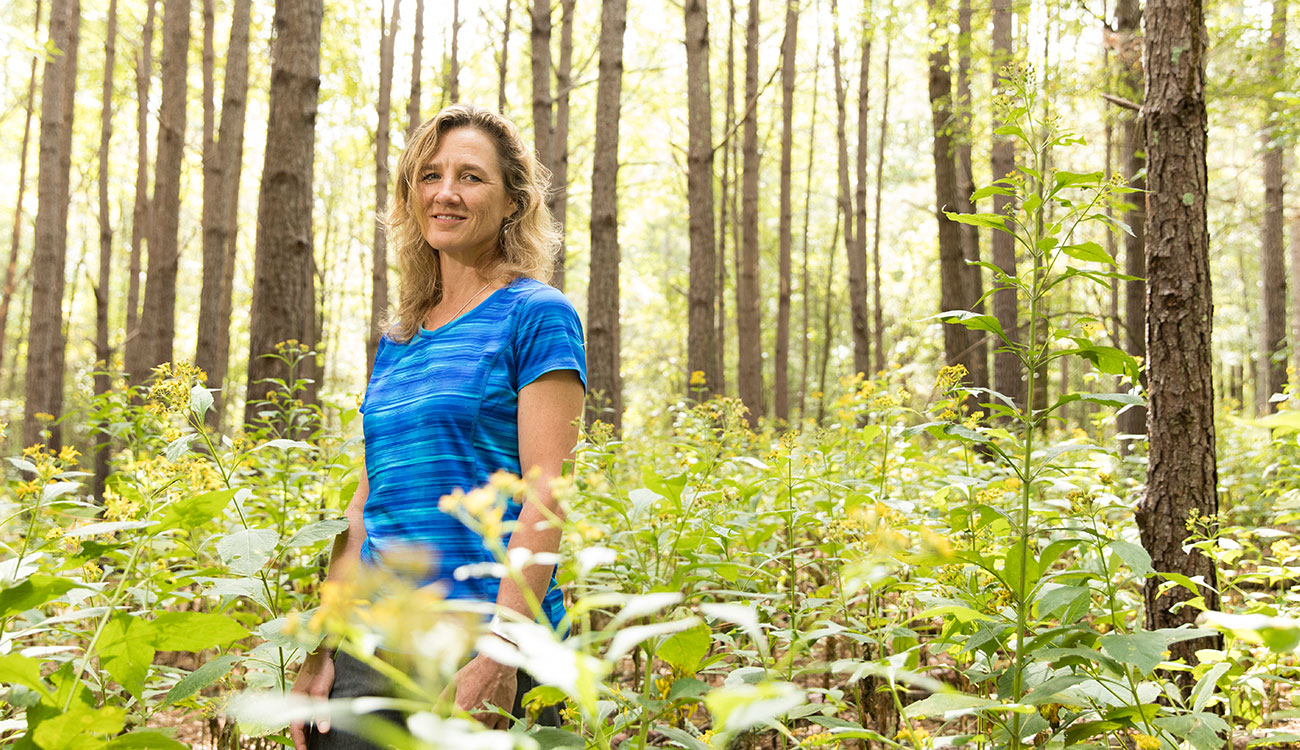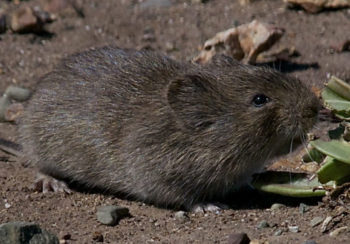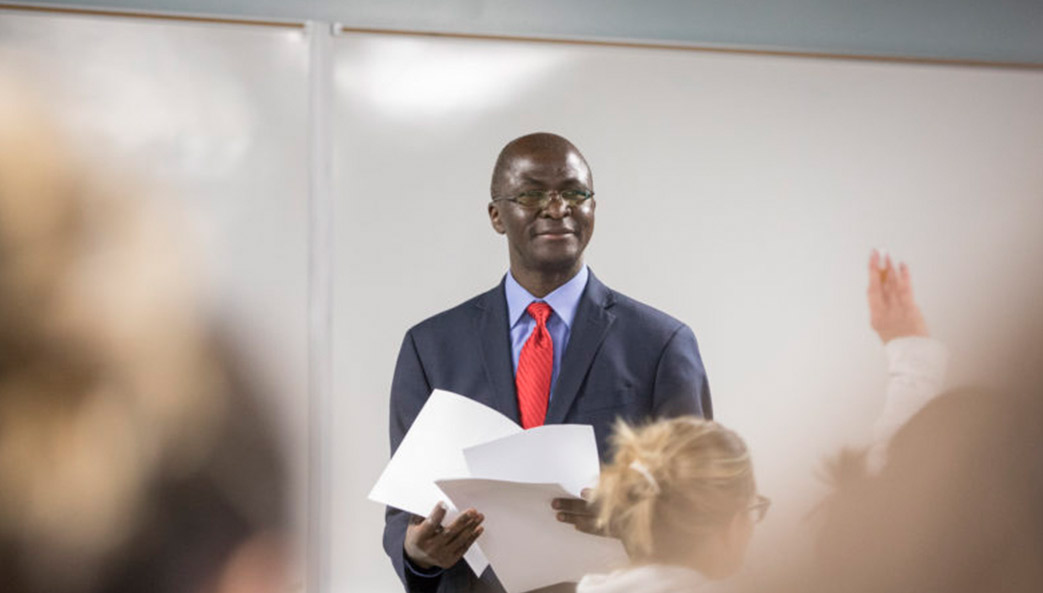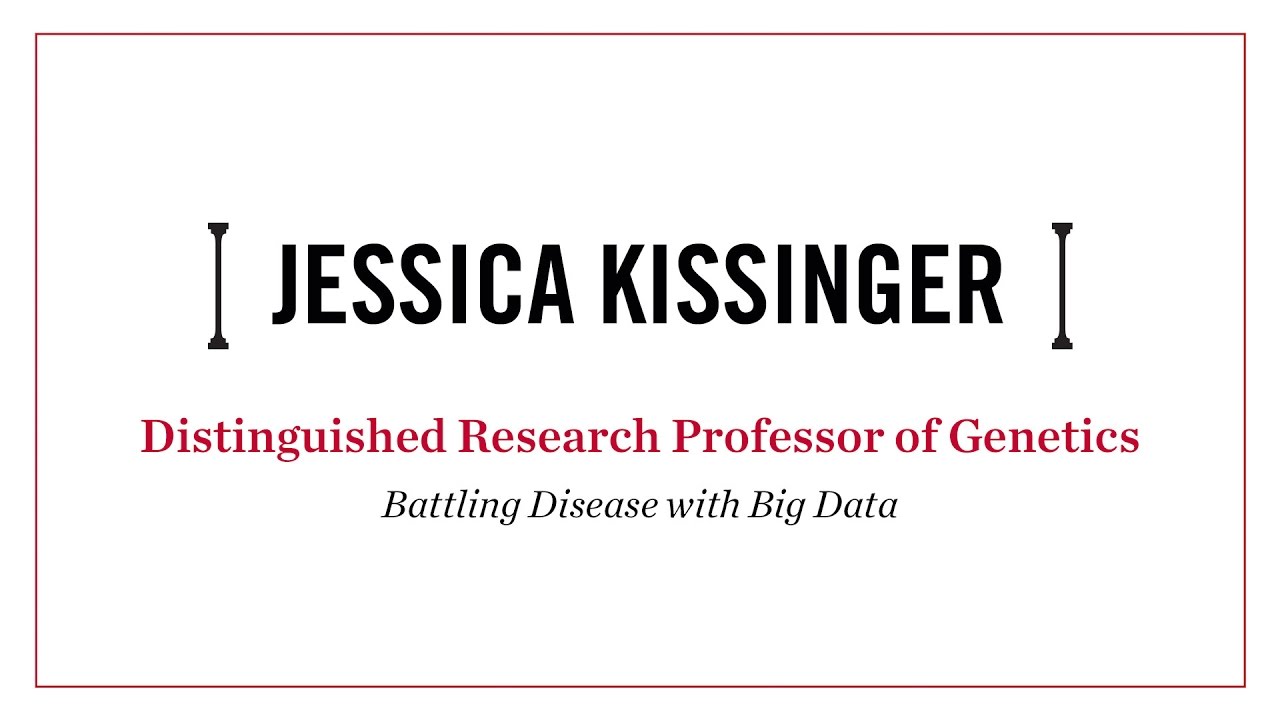During her dissertation fieldwork in Kenya, restoration ecologist Elizabeth King realized that she should have listened to her hosts earlier. If she had, she would’ve understood the importance of incorporating social and cultural information into her ecological research sooner.
From 2001 to 2004, King studied whether planting native aloe shrubs in degraded, semi-arid Kenyan rangelands could help promote vegetation recovery and sustain herders’ livelihoods. Her hosts, Maasai-speaking people, are pastoralists who have historically raised cattle in communally owned ranches. They depend on spring rains to revive heavily grazed grasslands. But rainfall has been more variable in the region, further pressuring rangelands and driving complex social and economic challenges.
“Rain is what creates the plant food for all their animals, and animals create the food for the people,” said King, an associate professor of ecosystem ecology and management with joint appointments in the Odum School of Ecology and Warnell School of Forestry & Natural Resources. “Now pastoralists are trying to adapt, surviving on very limited resources. In northern Laikipia County, Kenya, there is little separation between human livelihoods and the landscape and the ecosystem. The beauty of these systems is that they are so tightly co-adapted. Their systems of governance and cultural institutions are linked among land, livestock and livelihood. My goal was to understand the region’s plant ecology and gain knowledge that could be used to guide ecosystem restoration in a way that also works with people.”
During her field research, she learned that she could plant and grow aloe to help restore rangelands, but that wouldn’t help address other looming problems. “That’s when I began to learn about the social and economic dimensions of problems there,” she said. “My hosts were my inspiration. Sustaining their livelihoods is why I was doing this work. My hosts told me things that agreed with my ecological assumptions, but they also told me things that really challenged those assumptions. So, I was really listening to them and starting to informally integrate their knowledge and their perceptions to shape my research agenda.”
Today, listening to local people is a starting point before she develops research questions. “The most available, rich and relevant source of information about an ecosystem that you’re studying can come from the people who live in it—it’s not just about taking scientific measurements.”
Some pastoralists are transitioning to raising camels, which can thrive in a drier climate and bring higher profits from distant markets. “Herders have lost a lot of their good land to farmers, appropriated through the political process. And the land they still have gets hammered by variable rainfall, and then there are impacts from climate change and armed conflict in that region.”
Environmental and political conflict are pushing members of this cooperative subsistence culture to embrace a market-oriented system, creating a new class of prosperous herders and increased social conflict.
Her relationship with Kenya began at age 16 when her parents sent her to live there for five months. “My dad was in primate conservation and had colleagues in Kenya,” she said. “I stayed with people who were very active in wildlife conservation, which I thought was my passion. I went off to college with the idea that I’d be a wildlife biologist and go back to Kenya someday and do that.”
By the time she graduated from Reed College in 1993, she had changed her focus to plant biology and ecosystem restoration. She completed a Ph.D. in population biology from the University of California, Davis in 2004. As a postdoctoral research fellow and lecturer at Princeton University, she began studying Kenyan drylands as linked social and environmental systems.
She arrived at UGA in 2012 as an assistant professor. She collaborates with fellow interdisciplinary researchers and served on the executive committee of the UGA Center for Integrative Conservation Research. She teaches sustainability science to students in the Integrative Conservation Ph.D. Program, which focuses on socio-ecological challenges.
“Coming to UGA was really the beginning of full-on collaborations with anthropologists to work at that nexus where you can understand both social changes and environmental changes—and how they feed back on one another. This is where a lot of sustainability science is going, particularly at UGA.”
Interdisciplinary teams of researchers are bringing together ecological data and insights from people who work and live in those systems. “The challenge of sustainability science is to find ways that you can study different aspects of a system and link that information. The impacts of climate change are interconnected with how societies organize themselves and with how people make decisions to adapt. We are trying to understand each of those domains and figure out how they affect one another, giving us a more realistic and relevant picture of the dynamics of a situation. And then we can try to use models to explore solutions,” she said.






